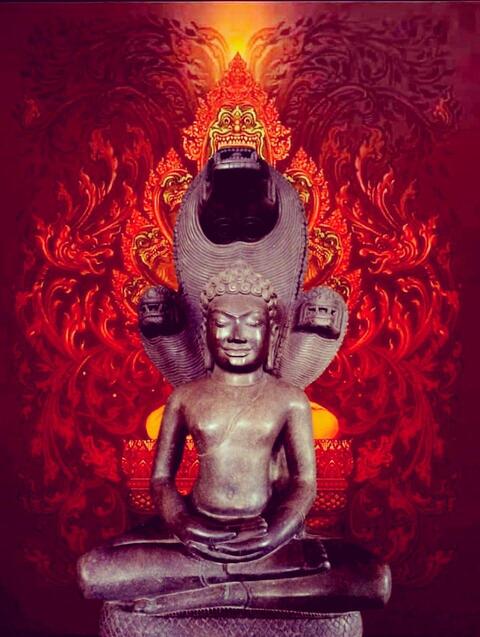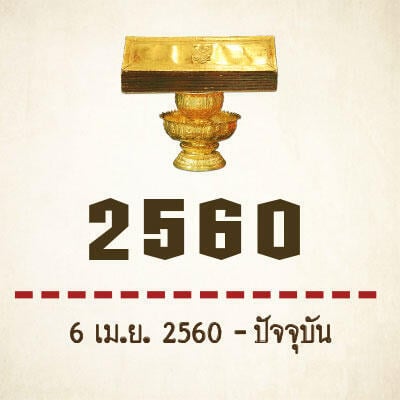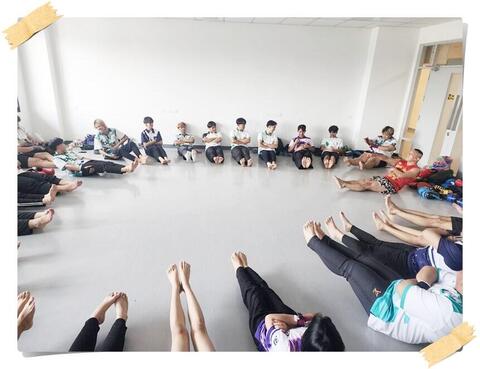ไตรภาค "การเรียนรู้ ‘ขั้นสูง’ จาก ประสบการณ์"
ขอเชิญทุกท่านดาวน์โหลดหนังสือชุดใหม่ ไตรภาค "การเรียนรู้ ‘ขั้นสูง’ จาก ประสบการณ์" เขียนโดย ศ.นพ.วิจารณ์ พานิชบันทึกล่าสุด
หมวดหมู่
การจัดการความรู้ การบริหารจัดการ
- กระบวนการแก้ไขปัญหาและการปฏิบัติตามหลักการ 4+8 : ตามหลักอริยสัจและอริยมรรค
- รายการ เปลี่ยน เป็น เปลี่ยน วันที่ 26 มิถุนายน 2567 "นวัตกรรมสุขภาพ"
- รอยเท้าทางวิชาการ (Academic Footprint)
- รายการ เปลี่ยน เป็น เปลี่ยน วันที่ 19 มิถุนายน 2567 "นวัตกรรมสังคม"
- รายการ เปลี่ยน เป็น เปลี่ยน วันที่ 12 มิถุนายน 2567 ประเมินทุนมนุษย์ที่มีอยู่ในตัวได้อย่างไร ตอน 2
ข้อคิดชีวิต ปรัชญา ศาสนา
มีต่ออาหาร ท่องเที่ยว กีฬา นันทนาการ
- สอนมวยไทยนิสิตมหาวิทยาลัยเกษตรศาสตร์ วิชา Physical Activities for Health
- ชีวิตที่พอเพียง 4754. เดินออกกำลังยามเช้าริมแม่น้ำแม่กลอง ที่เดอะเกรซรีสอร์ท อัมพวา
- จันทบุรี อัญมณีแห่งภาคตะวันออก (22) กินอะไรที่ไหนดี เมื่อมาเที่ยวจันทบุรี
- จันทบุรี อัญมณีแห่งภาคตะวันออก (21) สถานที่ท่องเที่ยวไฮไลท์ของจันทบุรีที่ไม่ควรพลาด
- จันทบุรี อัญมณีแห่งภาคตะวันออก (20) กินลมชมวิวที่สะพานตากสินมหาราช
GotoKnow
GotoKnow ก้าวสู่ปีที่ 18 ยินดีต้อนรับสู่ระบบบล็อกเพื่อบันทึกประสบการณ์ การเรียน การฝึกอาชีพ การทำงาน และ การใช้ชีวิต
✔️ฟรี!ใช้งานง่าย: เขียน แก้ไข และจัดรูปแบบโพสต์ได้ง่าย เหมาะสำหรับผู้เริ่มต้นและบล็อกเกอร์ที่มีประสบการณ์
✔️ ส่งออก EPUB ในคลิ้กเดียว: เปลี่ยนบล็อกโพสต์ของคุณให้เป็น E-book ที่สวยงามสำหรับการอ่านแบบออฟไลน์






